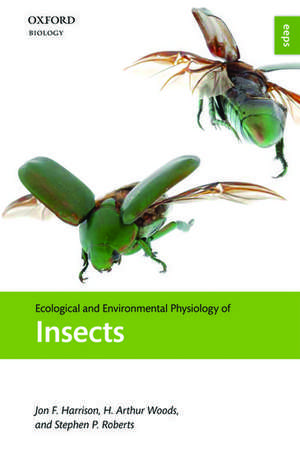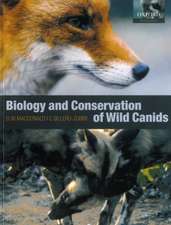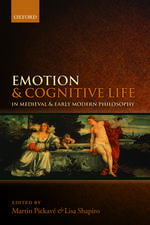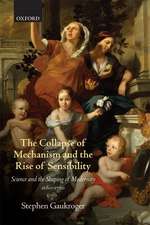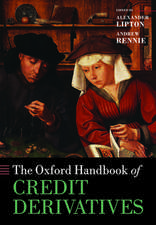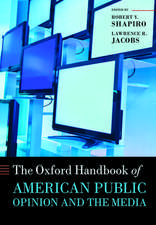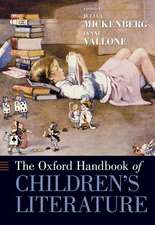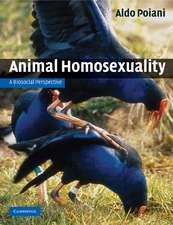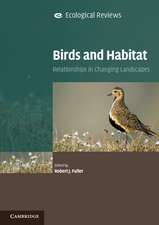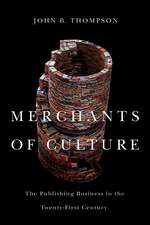Ecological and Environmental Physiology of Insects: Ecological and Environmental Physiology Series
Autor Jon F. Harrison, H. Arthur Woods, Stephen P. Robertsen Limba Engleză Paperback – 26 ian 2012
Preț: 356.16 lei
Preț vechi: 411.88 lei
-14% Nou
Puncte Express: 534
Preț estimativ în valută:
68.15€ • 71.02$ • 56.43£
68.15€ • 71.02$ • 56.43£
Carte tipărită la comandă
Livrare economică 24-29 martie
Preluare comenzi: 021 569.72.76
Specificații
ISBN-13: 9780199225958
ISBN-10: 0199225958
Pagini: 392
Ilustrații: Numerous illustrations
Dimensiuni: 170 x 238 x 22 mm
Greutate: 0.68 kg
Editura: OUP OXFORD
Colecția OUP Oxford
Seria Ecological and Environmental Physiology Series
Locul publicării:Oxford, United Kingdom
ISBN-10: 0199225958
Pagini: 392
Ilustrații: Numerous illustrations
Dimensiuni: 170 x 238 x 22 mm
Greutate: 0.68 kg
Editura: OUP OXFORD
Colecția OUP Oxford
Seria Ecological and Environmental Physiology Series
Locul publicării:Oxford, United Kingdom
Recenzii
If you are seriously interested in how the environment affects insects, and want to understand this process at a mechanistic level, you should own this book.
Notă biografică
Jon Harrison is a Professor of Life Sciences at Arizona State University, where he is also Director of Research Infrastructure and Facilities and is also a Fellow of AAAS. He has been studying the ecological and evolutionary physiology of insects since 1982, earning his PhD from the Univ. of Colorado, Boulder. His ecophysiological research interests have included lizards, grasshoppers, bees, caterpillars, beetles, cockroaches, dragonflies, and fruit flies, with primary emphases on the metabolic, respiratory, and nutritional physiology of insects. Art Woods is an Associate Professor at The University of Montana. He earned his PhD from The University of Washington in 1998 and has been studying insects ever since. He is interested in diverse aspects of insect physiology and ecology, and more recently in how insects interact with their host plants. His current work focuses on interactions between Manduca sphinx moths and their host plants in the American Southwest.Stephen Roberts is Professor and Chair of Biology at Central Michigan University. He has been studying insect physiology since 1990, earning his PhD from Arizona State Univ. He has studied grasshoppers, bees, and fruit flies to address basic questions about thermoregulation, thermotolerance, flight energetics, biomechanics, and aging in insects.
